
Discover the Top 2379 Software Development Companies. Software Development is a critical and constantly evolving field, driven by the demand for innovative and efficient solutions, making skilled talent highly sought-after in the global market. Compare top Software Development agencies by reviews, ITP Score, capabilities, and portfolios to confidently choose the best fit for your project.
Show moreTakes only 2 mins, 100% free
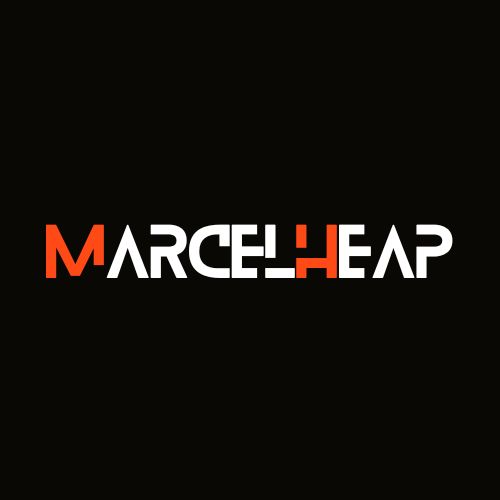

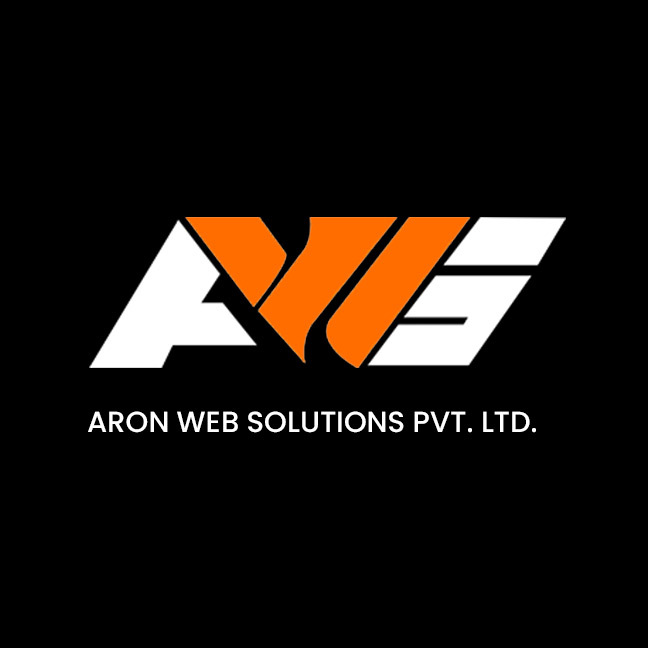



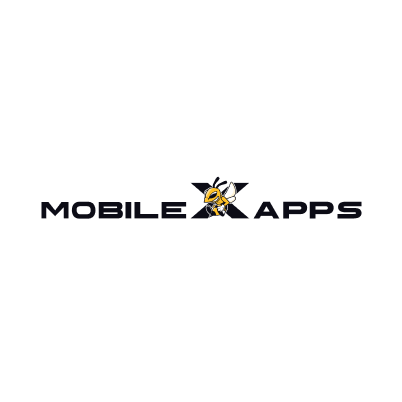


2379 Companies Ranking last updated on: March 20, 2025

Creativity in Our Blood Line.
25% Software Development
Solving What Matters with AI
20% Software Development

Half the price and faster twice in custom software development
20% Software Development

We make businesses stand out
15% Software Development

Custom Software Solutions Tailored to Your Business
10% Software Development

Long-term Software and App Development Partner
5% Software Development

Inspired by your ideas
20% Software Development

We build the apps that bring your ideas to life!
15% Software Development

Where Technology Meets Creativity
5% Software Development

Strategic Digital Solutions
20% Software Development

Let's make it Brite
10% Software Development
We build trust
20% Software Development
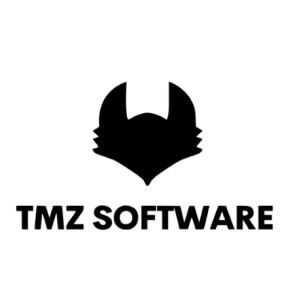
Doing more with less, so your app delivers more. TMZ Software is all about real results and code tha
20% Software Development
Innovate.Scale.Lead
40% Software Development
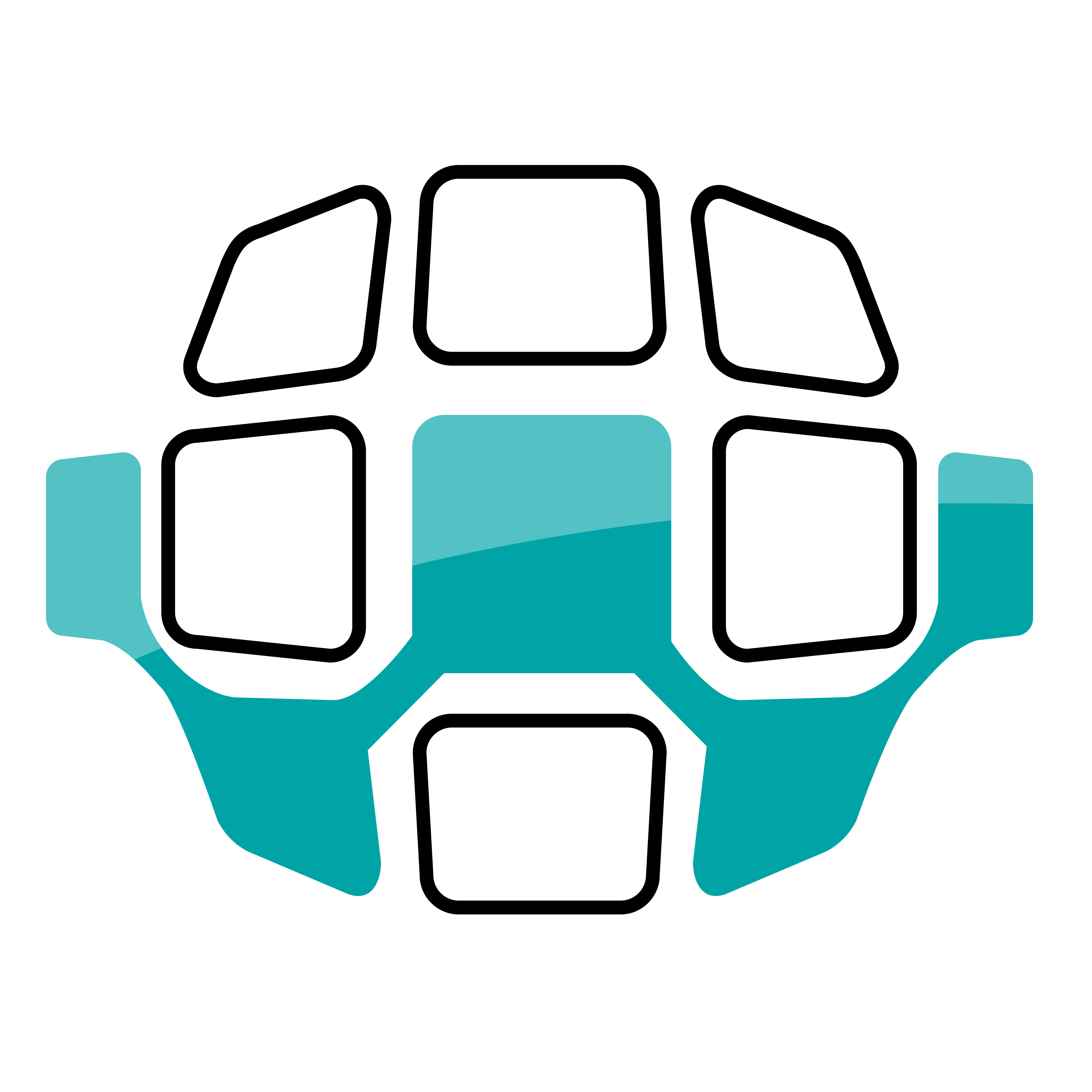
Enlarge Your Ideas
20% Software Development

Brilliant Ideation. Flawless Execution
2% Software Development

Complex systems implementation
25% Software Development
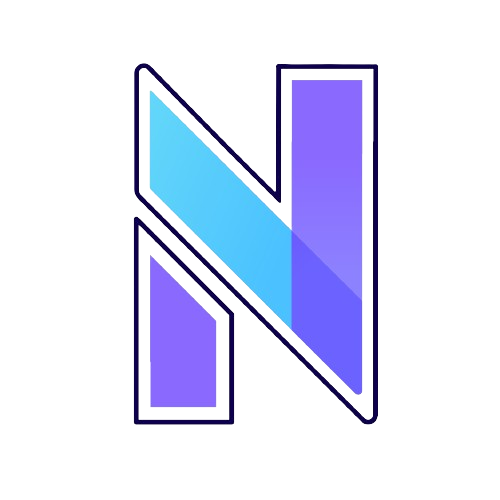
Bussiness automation made fast and reliable
80% Software Development

Code Logics With Kavelogics
25% Software Development

Proud of what we BUILD
20% Software Development
Post a project for free and quickly meet qualified providers. Use our data and on-demand experts to pick the right one for free. Hire them and take your business to the next level.
Selecting the right software development company plays a vital role in creating innovative, scalable, and secure digital solutions. Whether you need a mobile app, a web platform, or enterprise software, an experienced development team ensures smooth integration, optimized performance, and long-term scalability. These companies specialize in custom software development, cloud-based solutions, AI technologies, and database management, helping businesses stay ahead in a competitive digital landscape.
As per ITProfiles data, over 80% of top-tier software development firms provide tailored solutions that align with unique business needs, while 75% focus on cloud-based technologies such as AWS, Google Cloud, and Azure. Additionally, outsourcing software development can lower costs by 30-50%, making it a smart investment for businesses aiming to innovate without expanding their in-house teams.
This FAQ section delivers valuable insights, leveraging data, statistics, and expertise from leading software development agencies listed on ITProfiles, empowering you to make well-informed decisions when choosing a technology partner.
Software development (software dev) is the process of designing, building, testing, and maintaining applications, systems, and platforms that help businesses operate efficiently. It involves multiple stages, including planning, coding, debugging, and deployment, to create custom or commercial software solutions.
A well-structured software development approach ensures that businesses get tailored solutions to automate workflows, enhance user experience, and optimize operations. Software dev methodologies like Agile and DevOps help streamline processes, enabling faster delivery and continuous improvement of applications.
Software development costs vary based on project complexity, development team location, and the technologies involved. Here's an updated breakdown:
Basic Web Application Development: $10,000 - $50,000 (suitable for simple applications with limited features).
Mid-Level Application Development: $50,000 - $150,000 (ideal for platforms with moderate complexity, such as e-commerce or social features).
Enterprise-Grade Systems: $250,000 - $1,000,000+ (for large-scale applications with advanced features and high security).
Hourly Rates by Region:
North America: $70 - $140/hour (developers from the USA and Canada).
Western Europe: $35 - $95/hour (countries like Germany, Netherlands, UK).
Eastern Europe: $25 - $65/hour (developers from Poland, Ukraine, Romania).
Asia Pacific: $20 - $50/hour (countries such as India, Vietnam, Philippines).
Companies like 10Clouds and Turing offer pricing flexibility based on project scope and required expertise. For an accurate estimate tailored to your specific software development needs, it's advisable to request a custom quote.
Software development timelines depend on project complexity, required features, and team expertise. On average, completion times fall into these categories:
Basic Software Development: ⏳ 2 - 4 months (for simple applications with minimal features, such as MVPs or prototypes).
Mid-Level Software Development: ⏳ 4 - 9 months (for applications requiring user authentication, database management, and API integrations).
Enterprise-Grade Software Development: ⏳ 9 - 24+ months (for complex, large-scale systems with custom infrastructure, AI-driven features, or high-security requirements).
Project Scope: More features and integrations increase development time.
Technology Stack: Advanced technologies like AI, blockchain, or cloud solutions may require additional time.
Team Size & Expertise: A skilled and well-coordinated team can speed up development.
Development Methodology: Agile methodologies allow for faster iterations, while Waterfall approaches may extend timelines.
Companies like BairesDev, Intellectsoft, and Iflexion offer flexible development timelines depending on project needs. To get an accurate estimate, businesses should consult with a software development company to assess their specific requirements.
Software development companies use structured methodologies to ensure projects stay on track, meet deadlines, and align with business goals. Most companies follow Agile, Scrum, or Waterfall methodologies based on project requirements.
Key Aspects of Project Management:
Requirement Analysis & Planning – Teams define project scope, goals, and milestones while setting realistic deadlines.
Agile & Scrum Frameworks – Companies use iterative approaches, breaking development into sprints for flexibility and faster delivery.
Dedicated Project Managers – A project manager oversees progress, ensuring clear communication between clients and developers.
Collaboration Tools – Tools like Jira, Trello, and Asana help track tasks, deadlines, and team responsibilities.
Quality Assurance & Testing – Continuous testing ensures bug-free software before deployment.
Leading companies like EPAM Systems, Endava, and ScienceSoft adopt Agile practices to enhance efficiency and transparency. Businesses should work closely with a software development company to ensure alignment with their expectations and deadlines.
Software development companies prioritize security at every stage to protect sensitive data, prevent cyber threats, and ensure compliance with industry regulations.
Key Security Measures:
🔒 Secure Coding Practices – Developers follow OWASP guidelines to eliminate vulnerabilities like SQL injections and cross-site scripting.
🔒 Data Encryption – Advanced encryption methods protect stored and transmitted data from unauthorized access.
🔒 Access Control & Authentication – Role-based access control (RBAC) and multi-factor authentication (MFA) ensure only authorized users can access critical data.
🔒 Compliance with Industry Standards – Companies adhere to GDPR, HIPAA, and ISO security standards to meet regulatory requirements.
🔒 Regular Security Audits & Penetration Testing – Ethical hackers test software for weaknesses before launch.
Software development agencies like Softura, BairesDev, and Iflexion integrate strong security protocols to protect their clients’ data. Businesses should discuss security expectations upfront to ensure their software remains safeguarded against cyber threats.
Evaluating a software development company requires careful analysis to ensure you partner with the right team for your business needs. Here are key aspects to consider:
Technical Proficiency: Ensure the company has expertise in relevant programming languages and frameworks that align with your project requirements. A skilled team with deep technical knowledge will help you build a robust, secure, and scalable solution tailored to your business goals.
Portfolio Review: Analyze their past projects to assess their experience in handling similar challenges and delivering high-quality work. Reviewing case studies and live projects will give you insights into their problem-solving capabilities and innovation.
Client Testimonials: Seek feedback from previous clients to understand their satisfaction levels and the company’s reliability. You can check online reviews, ratings, and references to see if they consistently meet deadlines and maintain high-quality standards.
Industry Experience: A company familiar with your industry will better comprehend specific challenges and deliver a solution aligned with your business operations. Their prior experience with similar businesses can help you streamline workflows and gain a competitive edge.
By considering these factors, you can confidently choose a software development partner that understands your vision and has the expertise to bring it to life.
Ensuring your software remains fast, efficient, and adaptable to future growth is essential for long-term success. Software development companies employ several strategies to optimize scalability and performance:
Scalable Architecture Design: They implement modular designs that allow you to expand features and functionality as your business grows. A well-planned architecture ensures that your software can handle increasing user loads without compromising speed or efficiency.
Performance Optimization: Regular code reviews, database indexing, and caching mechanisms are used to enhance software speed and responsiveness. Developers continuously monitor and refine the system to prevent bottlenecks that could slow down your application.
Load Balancing: To maintain responsiveness during peak traffic, they distribute workloads across multiple servers. This approach helps you ensure a seamless user experience, even during periods of high demand.
Cloud Integration: Many companies leverage cloud services like AWS, Google Cloud, or Azure to dynamically allocate resources based on real-time demands. This enables you to scale your application up or down effortlessly, optimizing costs and improving performance.
Software development companies provide a wide range of services designed to help you build, maintain, and enhance digital solutions. Some of the key services include:
Custom Software Development: Tailored software solutions built to meet your specific business needs and operational challenges. Whether you require automation, data processing, or enterprise management tools, a custom-built solution can improve efficiency.
Mobile App Development: Creating high-performance mobile applications for iOS and Android platforms to expand your reach and engage customers. Mobile solutions help you enhance user experience and drive customer loyalty.
Web Development: Designing and developing responsive, scalable, and user-friendly websites and web applications. A well-optimized web platform ensures your online presence remains strong, driving leads and conversions.
UI/UX Design: Crafting visually appealing and intuitive user interfaces that enhance engagement and ease of use. A strong UI/UX strategy ensures users can navigate your software seamlessly, increasing satisfaction and retention.
Quality Assurance and Testing: Rigorous testing methodologies, including automated and manual testing, to ensure bug-free, high-performance applications. Proper testing helps you reduce downtime, security risks, and unexpected failures.
Maintenance and Support: Continuous software updates, performance enhancements, and security patches to keep your system running smoothly. Regular maintenance ensures your business stays ahead with the latest features and improvements.
Choosing the right programming language for your software project is crucial to its success. Software development companies use various programming languages, depending on project requirements, scalability, and compatibility:
JavaScript: Widely used for front-end and back-end web development, enabling interactive and dynamic user experiences. If you need a fast and engaging web application, JavaScript frameworks like React and Node.js are excellent choices.
Python: Known for its simplicity and versatility, often used in AI, machine learning, data analytics, and backend development. If you require automation, AI-driven insights, or complex computations, Python is a preferred choice.
Java: A reliable, scalable language commonly used in enterprise applications, banking systems, and Android app development. If your project demands a high level of security and performance, Java is an excellent option.
C#: Primarily used for developing Windows applications, enterprise software, and game development with the Unity engine. If you are building an enterprise-grade system or a gaming application, C# offers powerful capabilities.
PHP: A popular server-side scripting language used to create dynamic websites and applications. If your focus is on content management systems (CMS) like WordPress or e-commerce platforms, PHP is widely adopted.
Selecting the right programming language depends on your project’s scope, industry needs, and desired functionalities. Partnering with an experienced software development company can help you choose the best technology stack for optimal results.